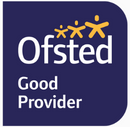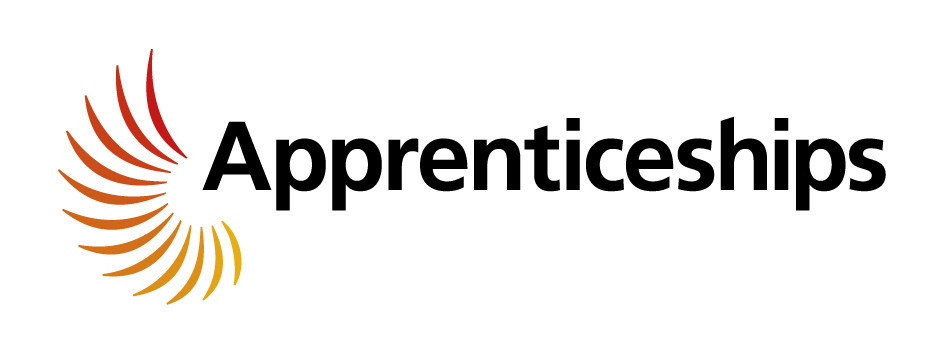Course Overview
If you want to work in a scientific environment and understand wider scientific concepts, then this course will help you to begin one of a range of careers in the varied and ever-changing world of life science. Covering different theoretical and practical aspects of science, this course is an excellent starting point for a future in life science, with particular application to working in a variety of laboratory settings. This course focuses on scientific practical techniques, analytical techniques, Health and Safety, data collection and processing, ethics in science and wider experimental equipment and techniques.
What will I learn?
You will learn about the principles and applications of working in a laboratory setting, including Health and Safety and the control of chemicals and other substances, personal protection, and preventing contamination as well as scientific concepts including DNA, cell respiration, pathogens and biological materials and how to analyse them. You will gain the knowledge and skills to be able to ethically plan and carry out scientific investigations before accurately analysing the results. You will also complete an employer-set project which will focus on your project management, problem solving, communication and evaluation skills.
You will see, and use, amazing technology and new scientific techniques including spectrometry, chromatography and substance analysis to determine an object’s make-up, as well as other techniques used in laboratory scenarios.
Study, Assessment and Qualifications
T Level in Health and Science: Laboratory Sciences is studied in the classroom and the workplace.
Core knowledge and concepts is assessed through an externally set test and the employer-set project. Occupational specialisms are assessed through a synoptic assessment of performance to ensure that a learner meets the minimum competence standards for the industry.
Entry Requirements
You should have a minimum of five GCSEs at grade C/4 or above including Mathematics, English and Science.
Alternatively, you should have passed a relevant Level 2 qualification with at least a Merit grade and GCSE passes in English Language and Mathematics at grade C/4 or above.
T Level programmes follow GCSEs and are a qualification for students aged 16-18 at the start of the course. Our T Levels are not available to adults at this time.
Additional Costs and Information
You will be expected to join in course trips to other organisations and exhibitions and this may involve costs for travel and entry fees.






